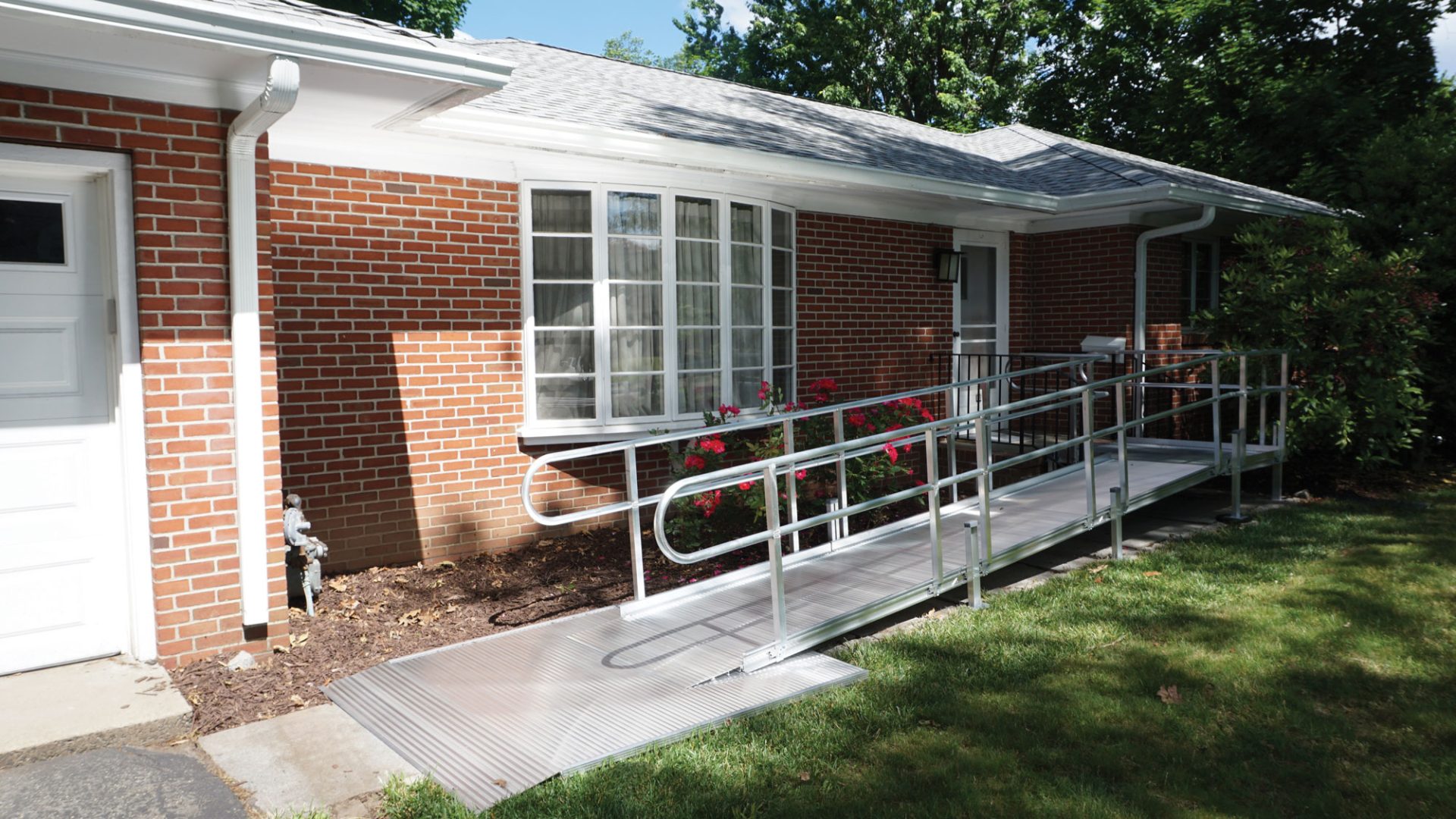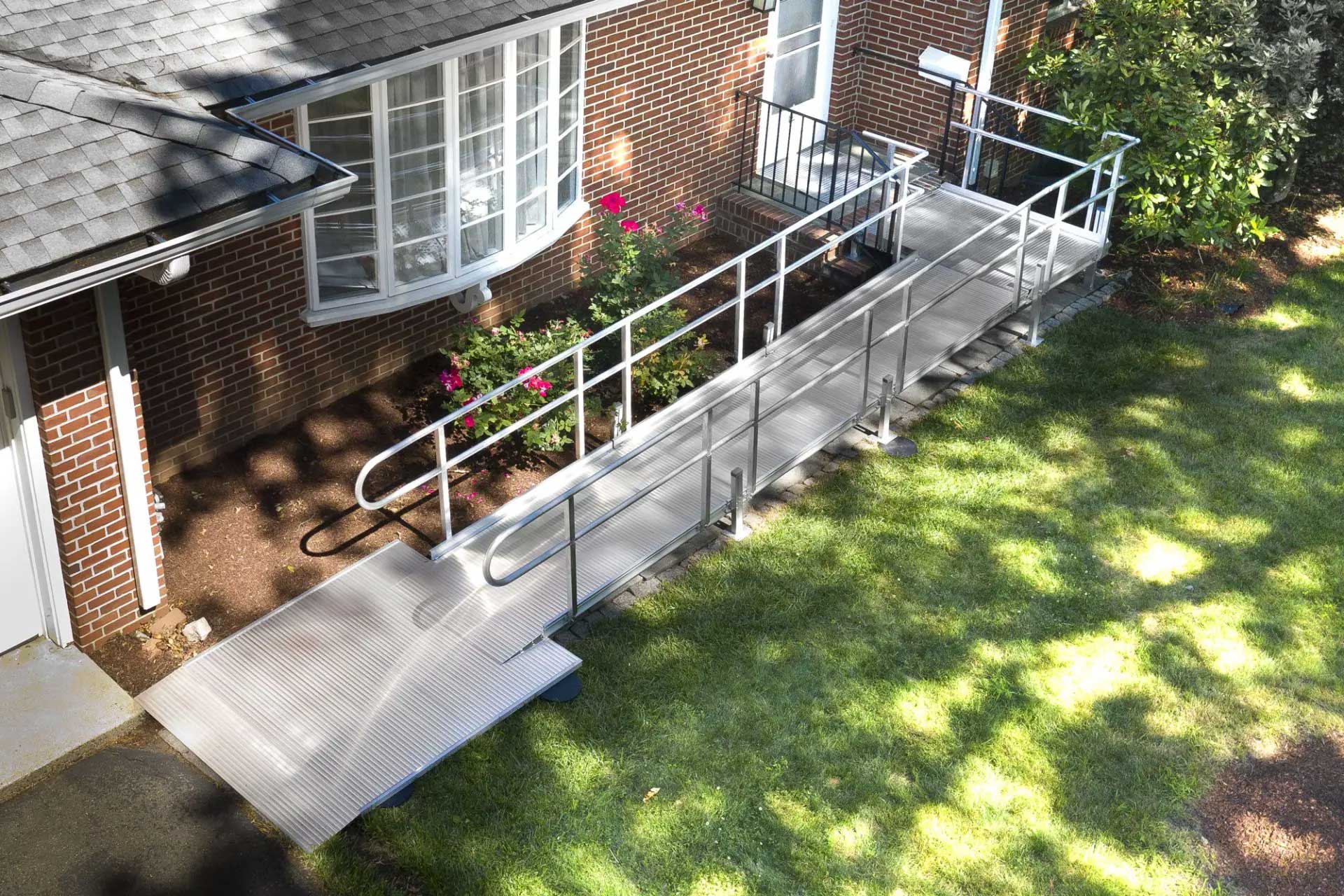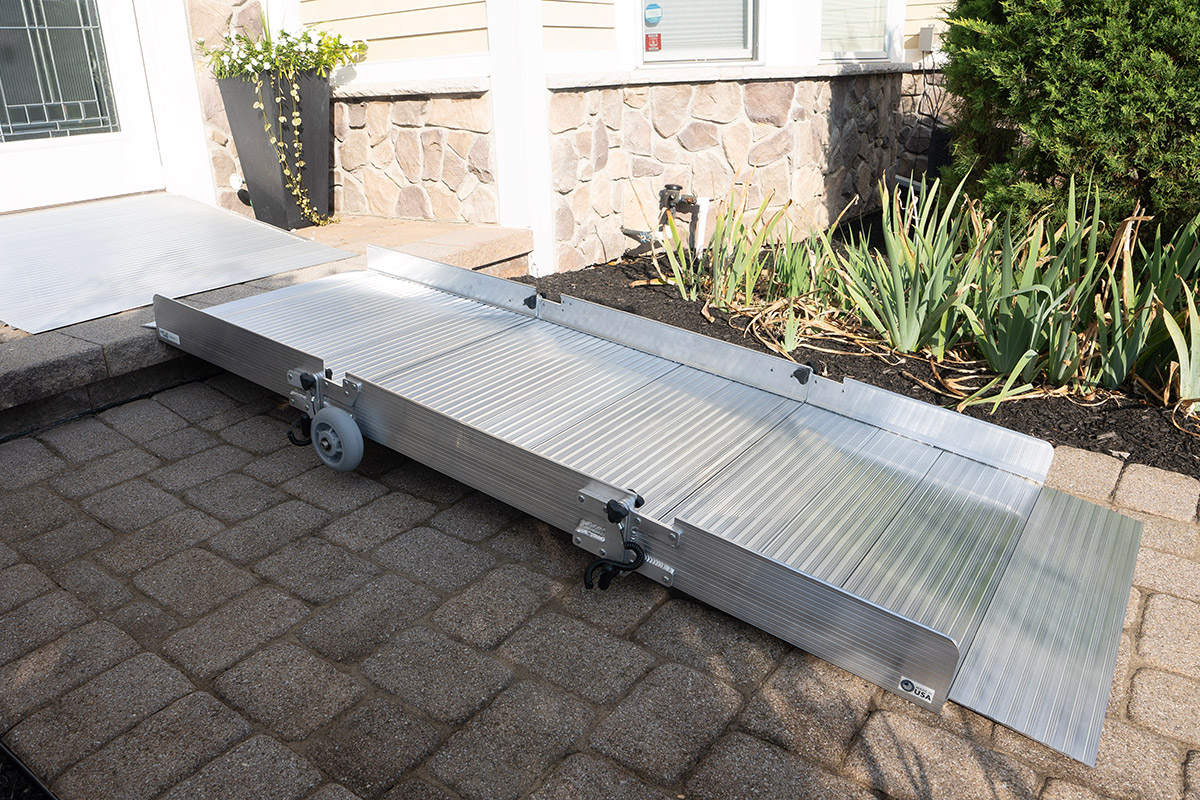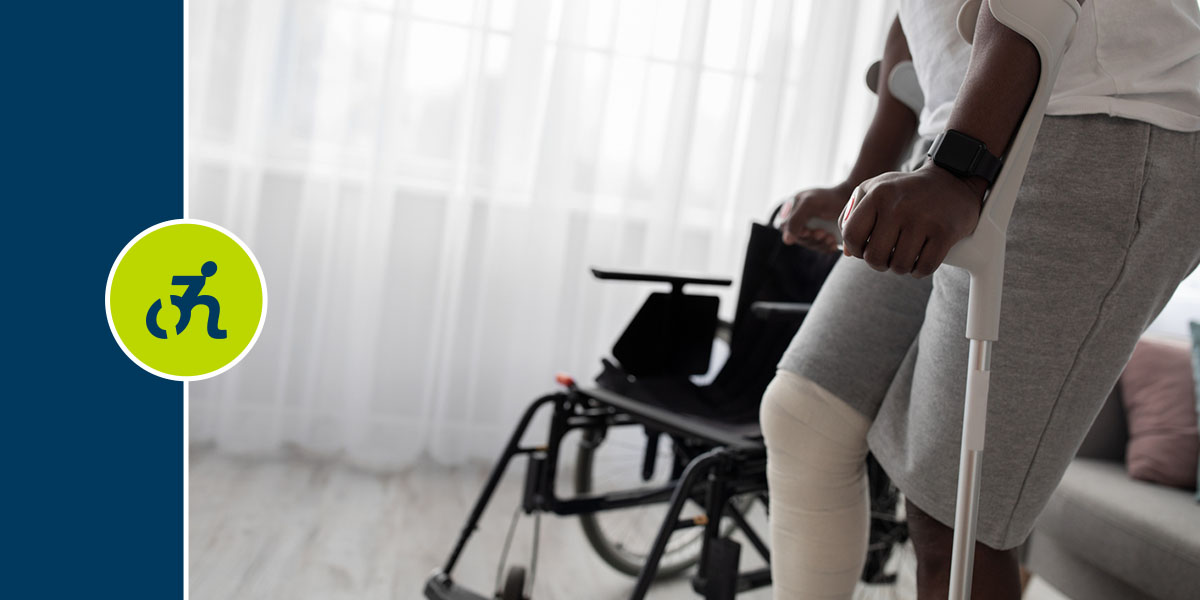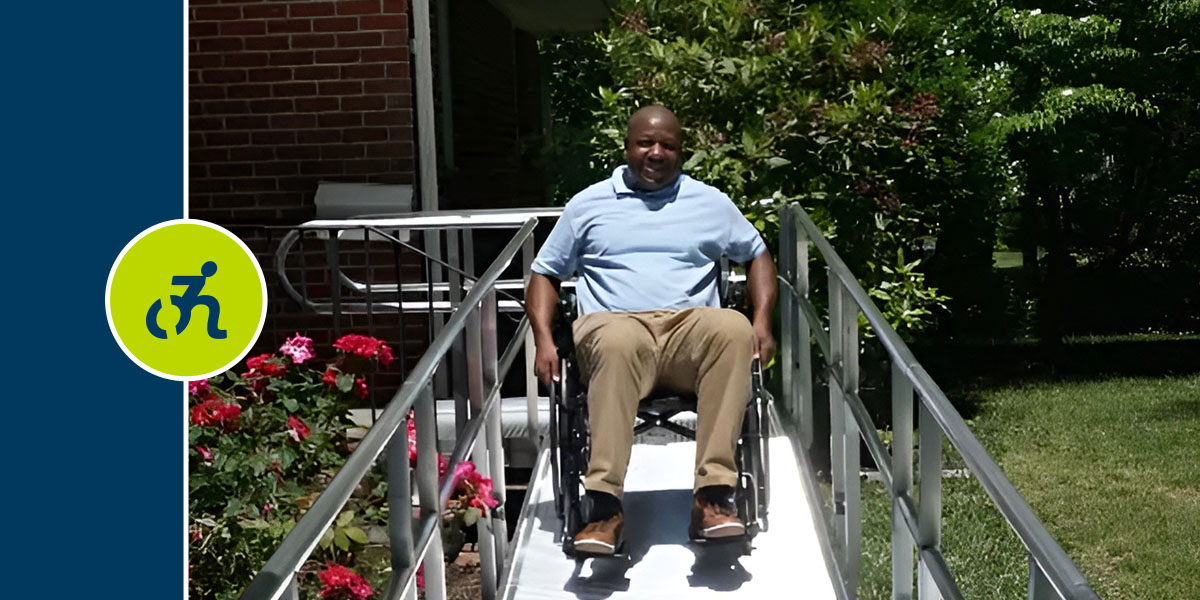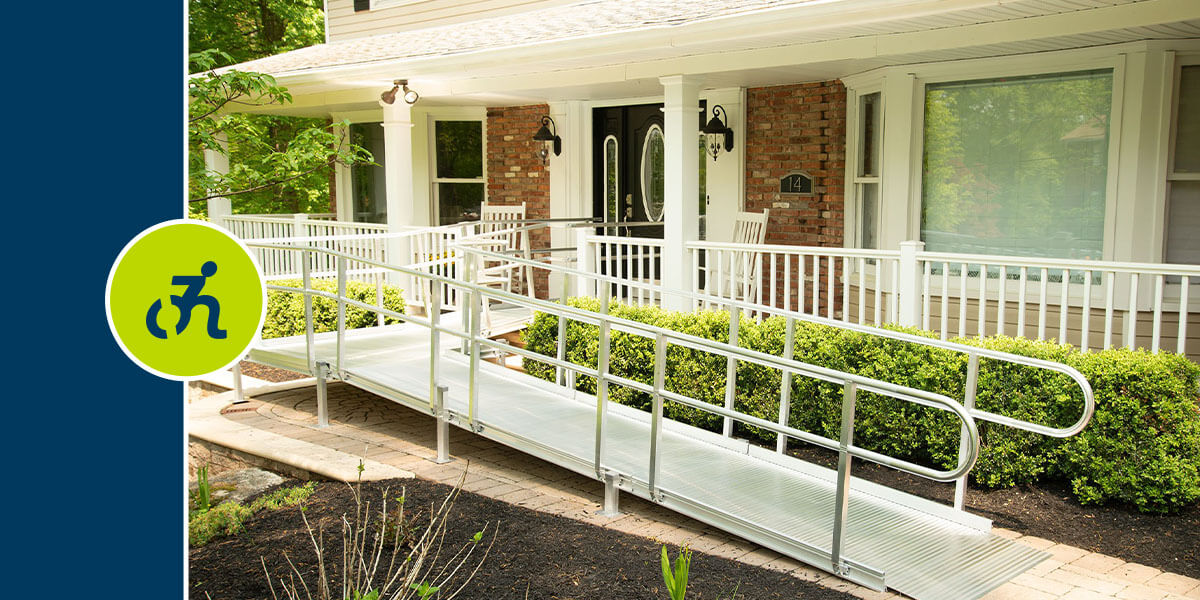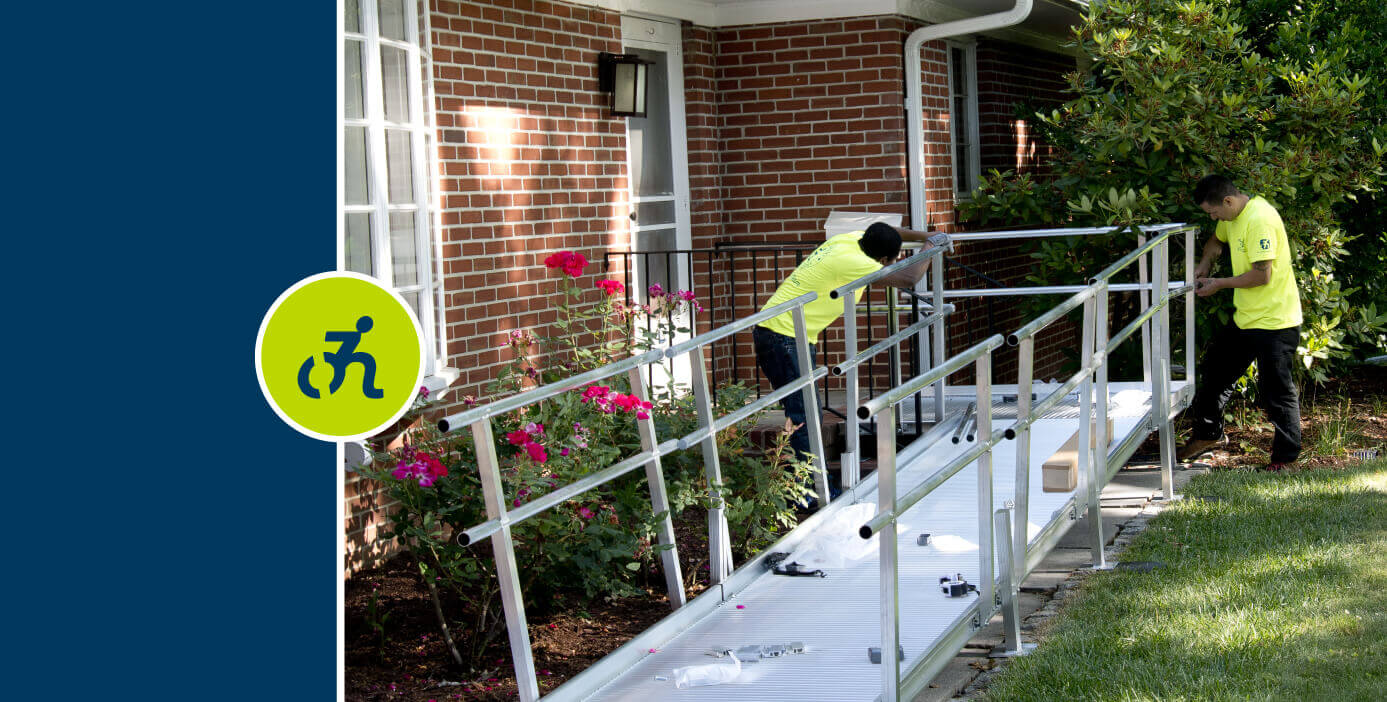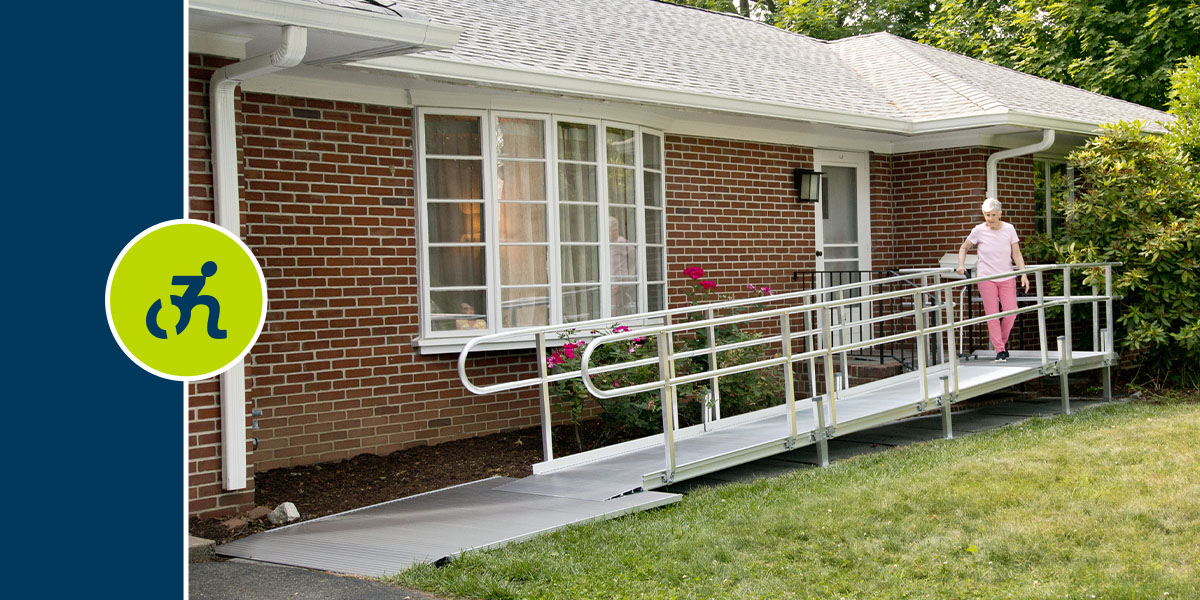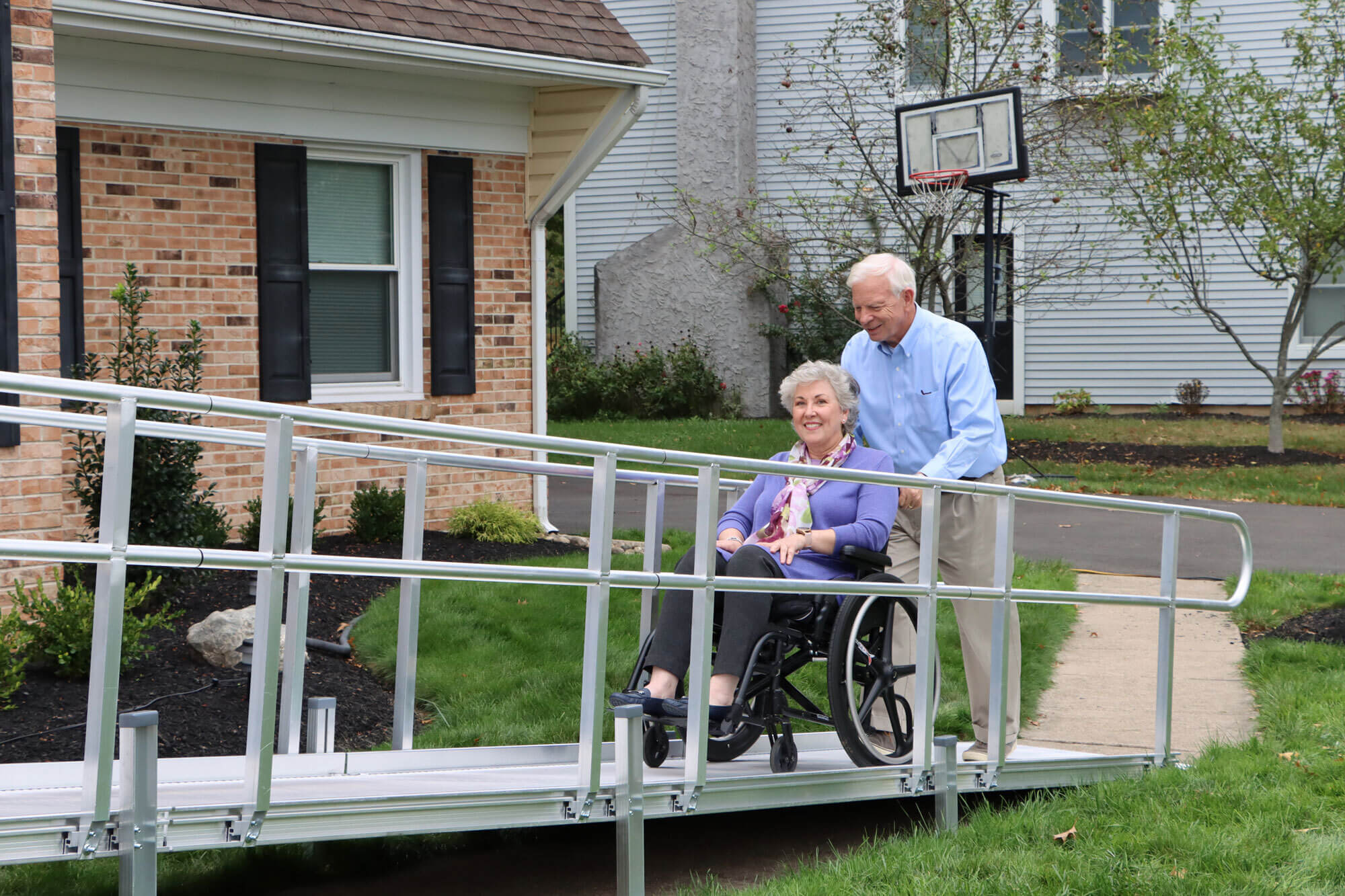
How to Make Your Home ADA-Friendly
How do you make sure your home access ramp and house are ADA-friendly? It might seem like a daunting task to ensure ADA compliance at home, but with this practical guide, you’ll be well on your way. Before you start, check the guidelines in your area. Remember: You don’t have to do everything at once! […]
